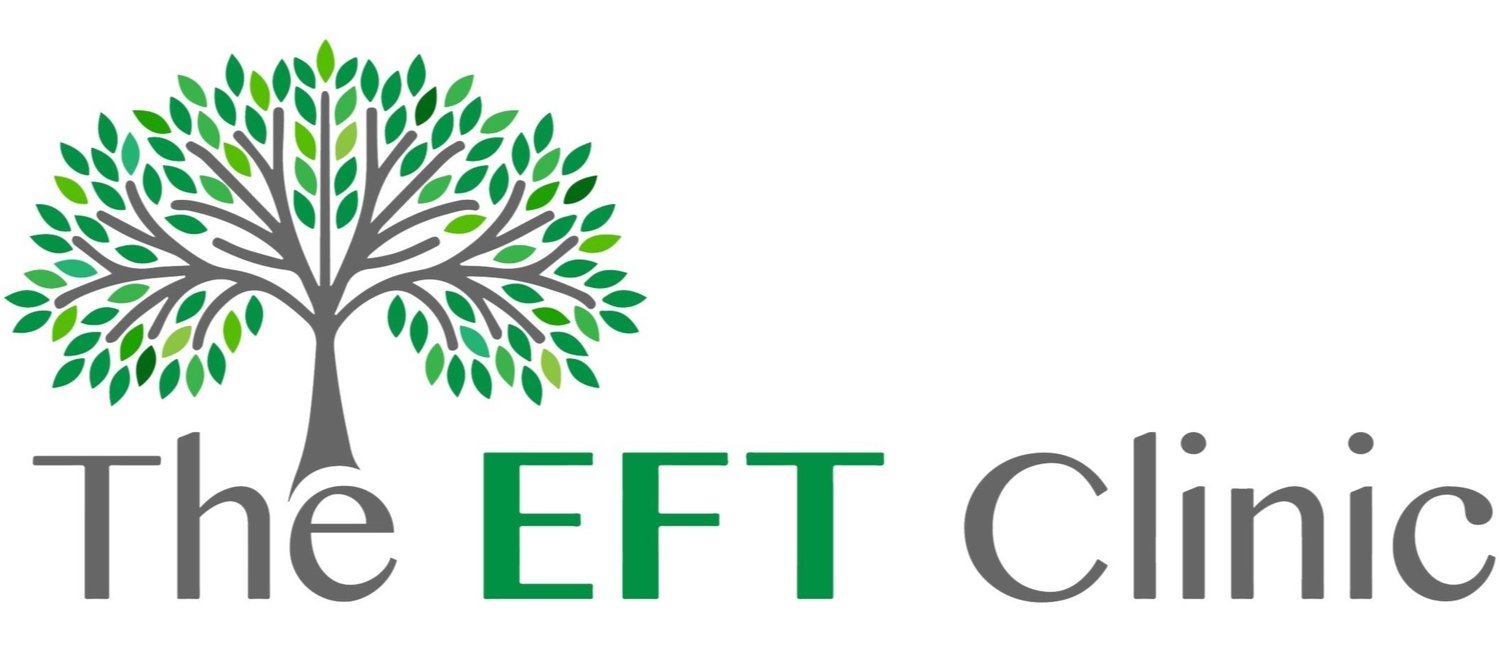The Impact of Providing and Receiving Validation
/The Impact of Providing and Receiving Validation
Dr. Anthony T. Alonzo, LMFT, CFLE
Validation was never meant to resolve issues or help us directly make decisions. However, in our society, it has become a mechanism which is carefully restricted and thus limits our ability to access genuine human connection with those whom we come into contact on a daily basis.
In my work with couples in therapy, I often ask one partner to validate the other when they share something significant, heartfelt, or important. The initial response all too often includes something quite different from validation. In this article, I invite you to explore with me a different way of delivering and receiving validation in your interactions with others.
In our society, we are essentially taught that expressing validation conveys agreement. Think about it for a minute. When is the last time you provided validation? Most likely, it was when you felt comfortable conveying agreement, permission, or acknowledgement that you shared a similar view, outlook, thought, or emotion. Another way to look at the societal view of validation is to consider the recent moments where you withheld providing validation. We typically do this when we do not want others to interpret our validation as admitting that they are right, or that we are not in agreement with their perspective.
Let me provide a different definition for validation: What if you could consider that validation simply means we acknowledge that another individuals reality is real for them? This means that the way someone else thinks, feels, believes, or experiences their life is valid for them. How would this change the way you use validation in your interactions with others?
While it does feel reassuring to have people agree with you, I propose that it is entirely fulfilling and rewarding to receive validation from others when they simply acknowledge and recognize that your reality is real for you. Validation is a reassurance of your personhood, and reinforces your own existence. We are all unique, and at the same time, experience very similar conditions, situations, and perspectives which help us to relate to one another. The ability to provide and receive validation enables us to establish the foundation of interactions which lead to more effective communication, finding solutions, and defining our collaboration with others.
The next time you are in a conversation with someone, give validation a try by simply acknowledging that their thought, emotion, perspective, or experience is real for them. Don’t worry about them taking it as agreement or permission. It can be even more powerful if they know you see things differently, but that you are willing to validate them anyway.
When I work with couples who learn this approach to validating, I typically challenge them to validate each other until their partner says that they have had enough validation for the day. We typically laugh, but I have never had a client say that they couldn’t tolerate any more validation from their partner.
Dr. Anthony T. Alonzo is a Licensed Marriage and Family Therapist in Salt Lake City and a friend of The EFT Clinic. More information about Dr. Alonzo can be found on Psychology Today.


